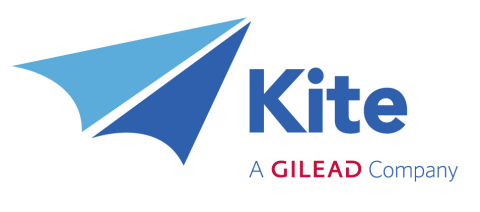Kite expands manufacturing capacity for CAR-T therapies

Less than a year after it was acquired by Gilead in a $11.9 billion deal, Kite Pharma has leased a new facility in the Netherlands to engineer cell therapies in Europe.
The 117,000 square-foot site in Hoofddorp will be used to manufacture and deliver its cell therapies to people living with cancer in Europe and will provide more than 300 new jobs when fully operational in 2020.
The facility will engineer and produce innovative cell therapies, including axicabtagene ciloleucel, a Chimeric Antigen Receptor T cell (CAR-T) therapy that is currently under review by the European Medicines Agency and which is approved in the US as Yescarta.
“We are pleased to be leading a new frontier of cancer innovation that is bringing hope for people living with cancer,” commented John F Milligan, PhD, Gilead’s president and CEO. “This new European manufacturing facility will enable personalised cell therapies to be manufactured in closer geographic proximity to the patients who will receive them, potentially shortening the turnaround time for people who urgently need care.”
Kite has also purchased a new building in Santa Monica from Astellas Pharma that will be used for cell therapy research, development and the expansion of clinical manufacturing capabilities, and has leased a 26,000 square-foot facility in Gaithersburg, Maryland. The Maryland site will support the work of a new Cooperative Research and Development Agreement (CRADA) with the National Cancer Institute (NCI) to develop adoptive cell therapies targeting patient-specific tumour neoantigens. Neoantigens are mutations found on the surface of cancer cells that are unique to each person and tumour, offering the potential for more targeted antitumour activity.
“We are proud to be at the forefront of advancing cell therapy, which we believe has the potential to transform cancer treatment,” said Alessandro Riva, MD, Gilead’s EVP, Oncology Therapeutics and head, Cell Therapy. “The addition of these three new facilities and the expanded CRADA with our research collaborators at the NCI will help us bring cell therapies to more people with cancer around the world.”











